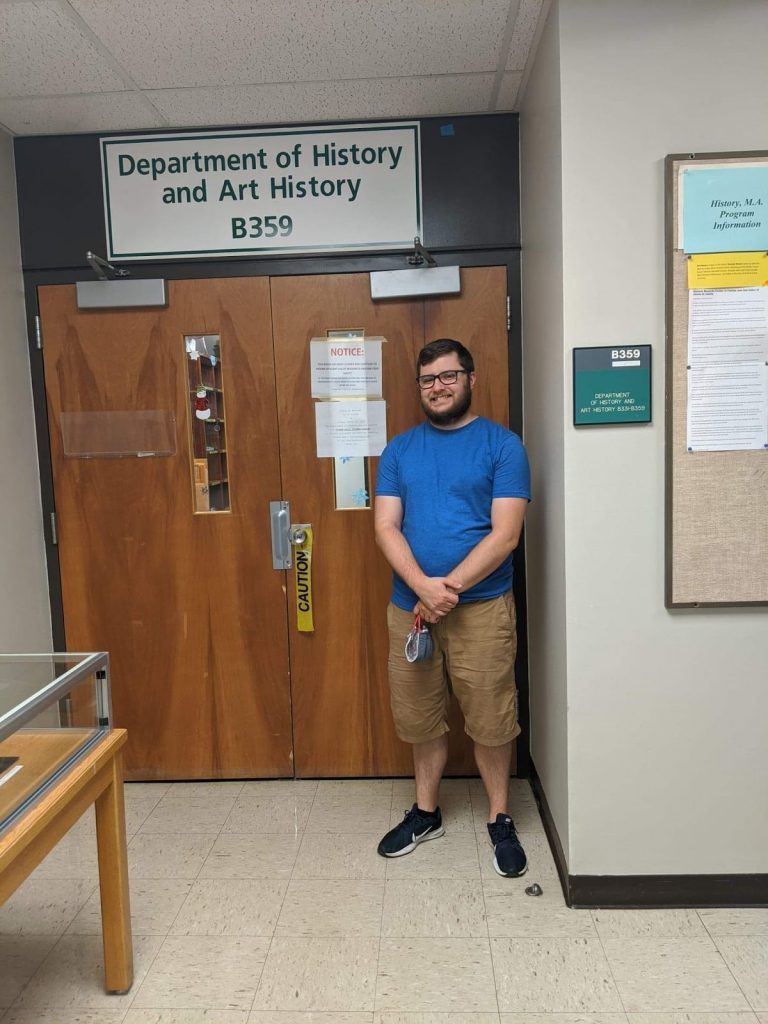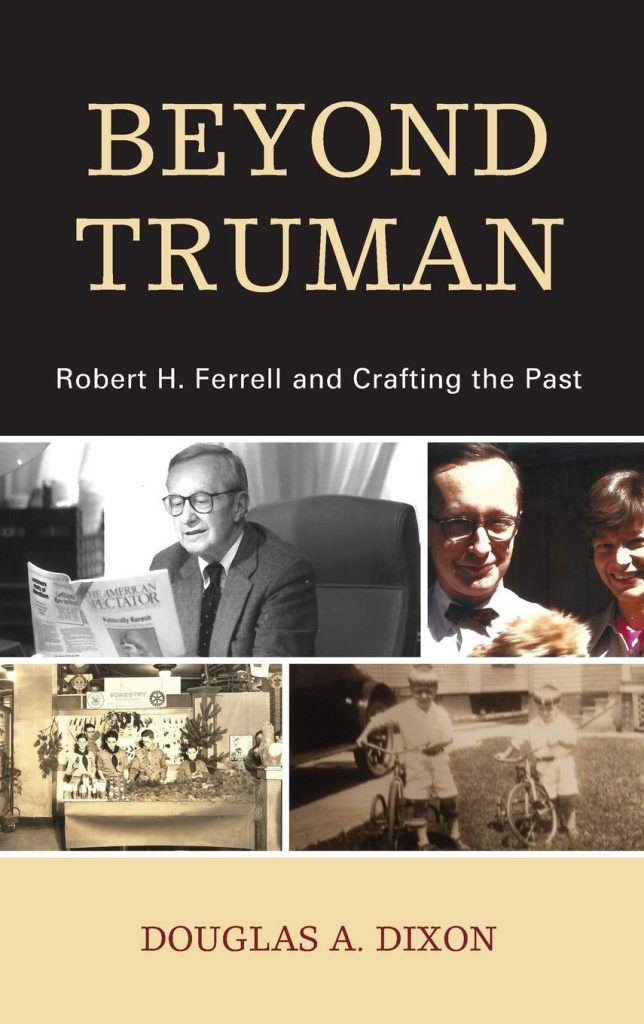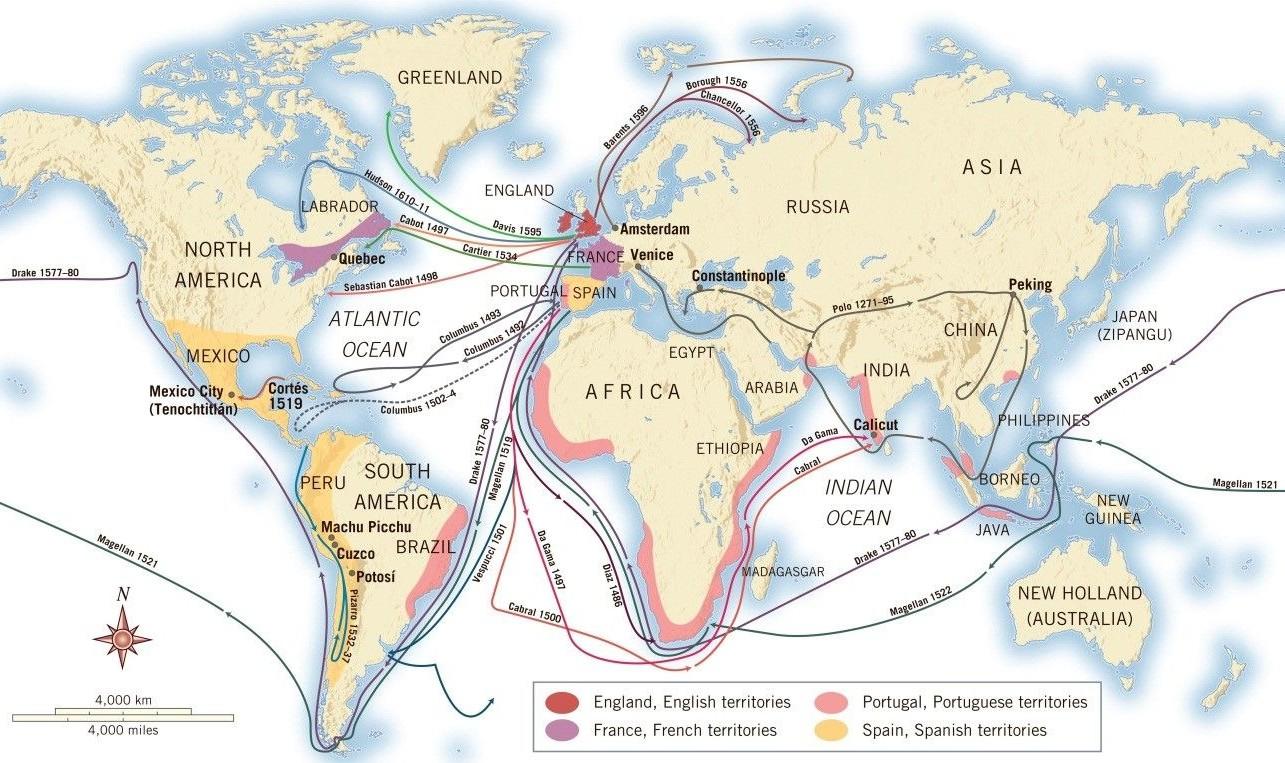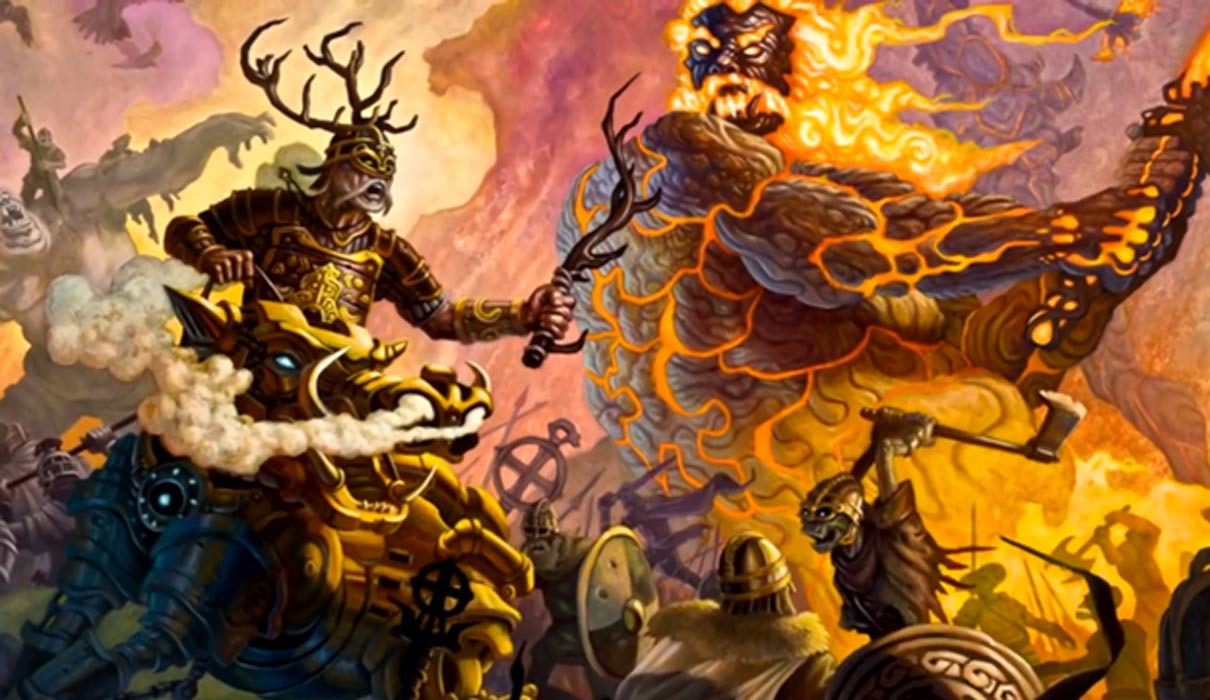Rob Carlock earned an MA in History and a Graduate Certificate in Public History from BGSU in May 2019. This fall, he will enter his second year in the PhD Program in History at George Mason University.

Bowling Green State University was my home for 6 years as I worked my way through my bachelor’s and master’s degrees in history. I then left Ohio to pursue a PhD in history at George Mason University in Fairfax, Virginia, sadly leaving behind a support network and family I had built during my time there. It has certainly been a challenge, especially since my first year has been synchronous online learning due to COVID-19. Although I have yet to meet my peers and faculty in-person, I was able to connect with many of them and begin to forge new relationships. With my peers, my connection is definitely a sense of unity that we are tackling such a daunting task together; with the faculty, my connection is a sense of confidence and support as they encourage me to continue identifying and expanding on my interests.









